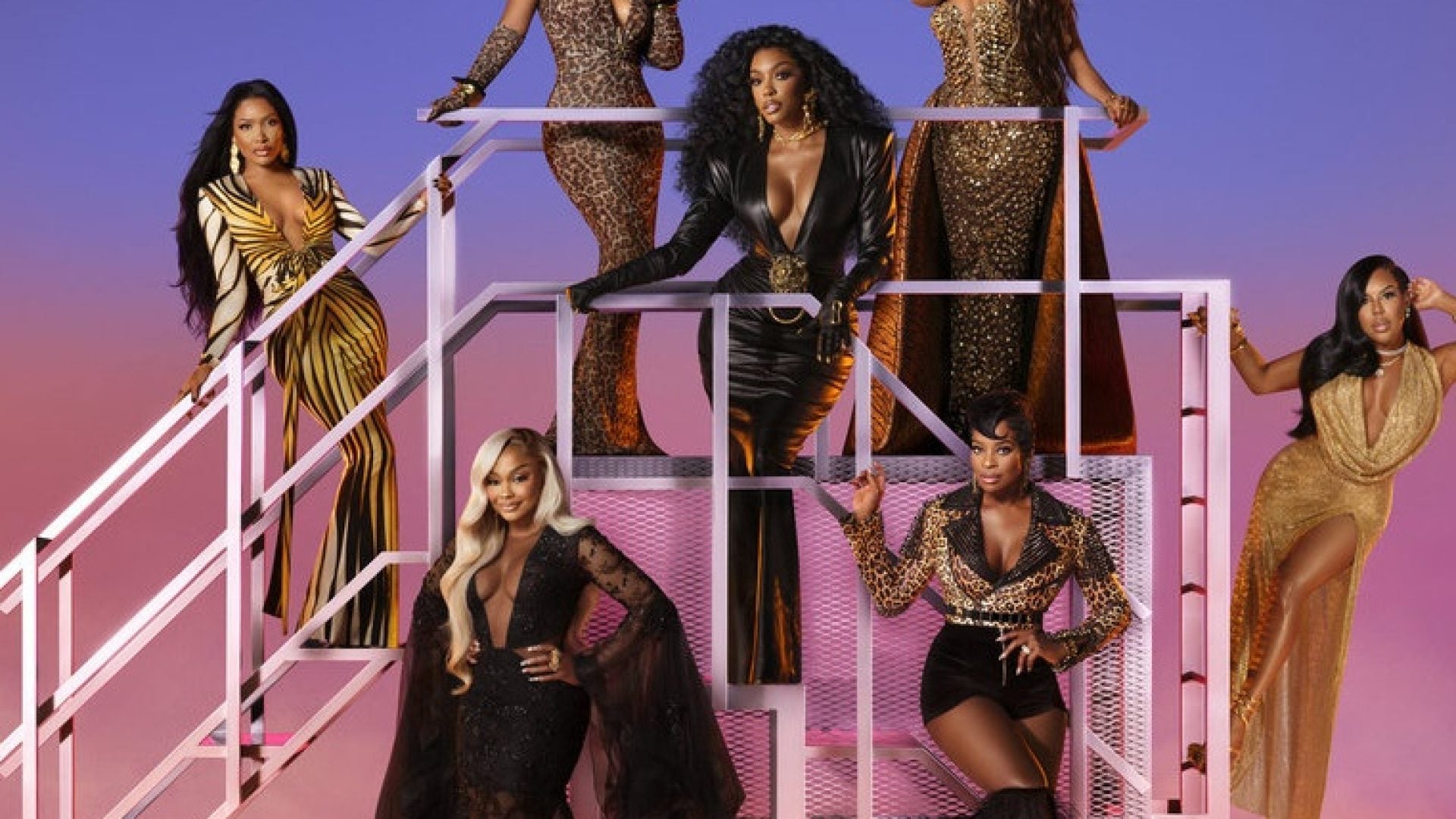
When Jodeci’s debut album, Forever My Lady, was released in 1991, it introduced traditional R&B fans to a whole new type of male music group.
By the late 1980s and early ‘90s, Black boy bands were bountiful and impressively musical. Philly natives Boyz II Men captivated audiences with brightly colored matching suits and a palpable playfulness that made them come across as wholesome. Tony! Toni! Tone! captured the excitement of the New Jack Swing era and other acts like Shai, After 7 and Mint Condition honed in on sweet and sultry harmonies to gain legions of devoted listeners.
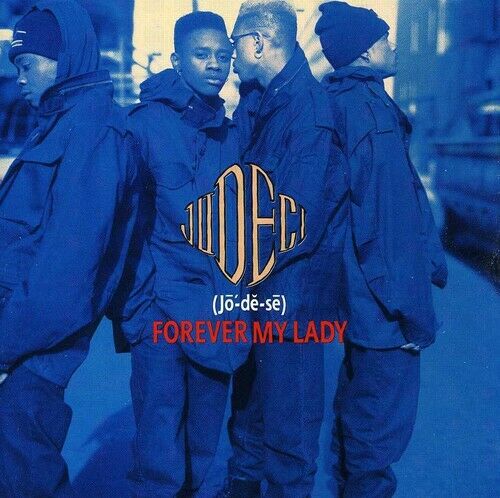
The ultimate prototype for Black male music groups, New Edition, set the tone for what it meant to have dimensionality both artistically and lyrically. However, their youthfulness—along with the pressure Black artists face to appease societal and industry expectations—meant that pushing the envelope came with restrictions. As they transitioned into adulthood, Bobby Brown was infamously pegged as the band’s bad boy and his subsequent solo career capitalized on his trademark raunchiness. By this time, there was plenty of room at the table for different music stylings to prosper. What Jodeci brought to the table was a brand of R&B that was unapologetically sexual, brazen and groundbreaking.
In a 1991 Entertainment Weekly album review, critic Arion Berger described the project as “sophisticated beyond the band members’ years,” “lush,” and “propelled by a brash energy.” The Charlotte, North Carolina quartet consisted of two pairs of brothers: Cedric “K-Ci” Hailey, Joel “JoJo” Hailey, Donald “DeVante Swing” DeGrate and Dalvin “Mr. Dalvin” DeGrate. All of the members grew up in religious families and performed in gospel groups. When they signed with Uptown Records in 1989 after impressing its founder Andre Harrell (with an introduction from the one and only Heavy D), Jodeci’s development was under the guidance of intern Sean “Puffy” Combs.
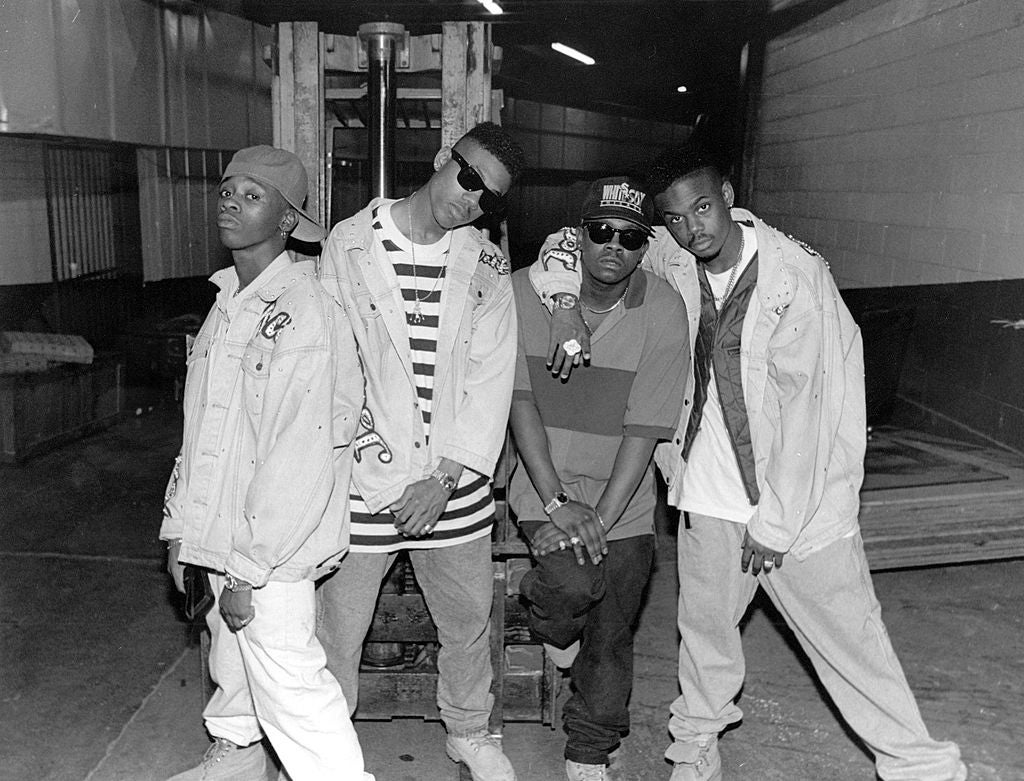
He incorporated hip-hop fashion into their signature look, which included dark sunglasses, baseball caps, baggy jeans, leather jackets, and Timberland boots. They would eventually become known as “bad boys of R&B.” Their sound, much like their aesthetic, was also considerably distinct. In a 1995 interview with VIBE, “DeVante Swing” plainly expressed this sentiment:
“I don’t think of Jodeci as no boy group or no harmonizing group. I think of us as a Black rock ‘n’ roll band. A song could be mediocre, but by what we do to it, we add what it needs. No polish, no routines. We ain’t trying to be hard, we just don’t give a fuck. I can flip tracks and make a Babyface-type song, but we’re not trying to make pop songs. It’s not about harmony. It’s about doing our thing. And our thing is: Can you feel us? Can you feel us?”
Forever My Lady debuted at #1 on the Top R&B Albums and reached #18 on the U.S. Billboard 200. It eventually became certified multiplatinum, selling millions of copies both in the U.S. as well as globally. The album was almost exclusively written and produced by “DeVante Swing” and Al B. Sure. On the surface, it lyrically encompassed sexuality and sensuality in an intriguing manner. Jodeci’s vocals were enticingly rhythmic with “K-Ci” leading their sound; his remarkable voice always retained its gospel influence and its smoothness eased listeners into their method of seduction. The album spurred an array of hit singles, including the passionately romantic title track and the slow-burning semantics of “Stay.”
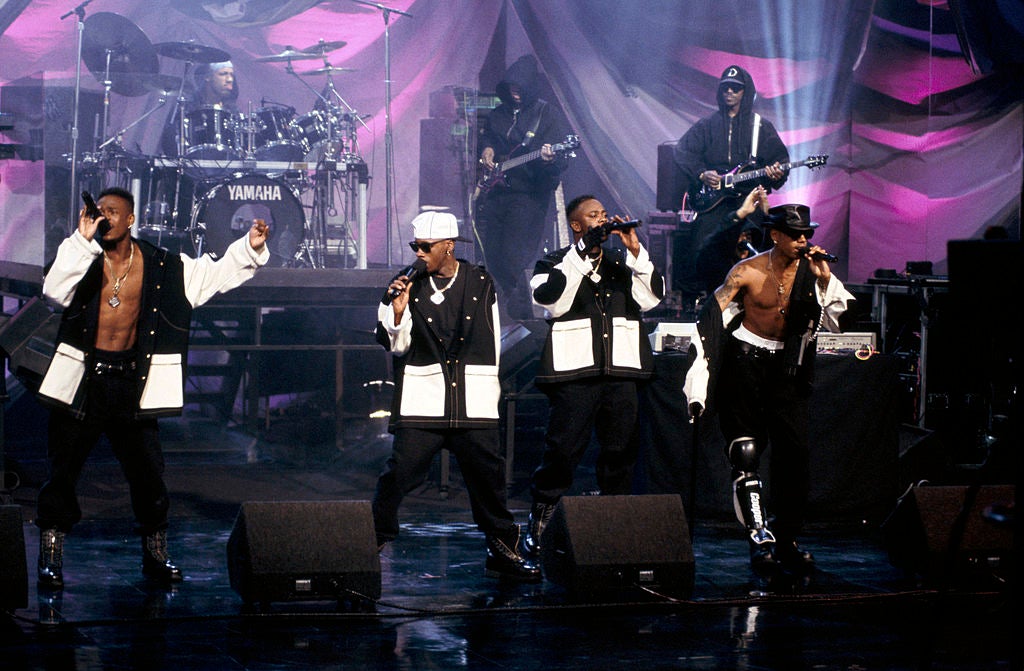
One of Jodeci’s most notable songs from Forever My Lady—and their entire discography—is “Come & Talk to Me.” It possessed an earnest softness that wasn’t initially associated with the group. It also showcased the band’s complexity; they can emphatically address the rawness of sexual desire on “Play Thang” and “Gotta Love,” the overwhelming intensity of loneliness with “My Phone” and the need to court a potential love interest on “Come & Talk to Me.” Jodeci flourishes when it comes to lyrical simplicity and this song is no different:
“I’ve been watching you/For so very long/Trying to get my nerve built up/To be so strong/I really want to meet you/But I’m kind of scared/Cause you’re the kind of lady/With so much class/Get my thoughts together/For the very next day/But when I see you lady/I forget what to say”
The video treatment for “Come & Talk to Me” consisted of slinky shadows and sexy silhouettes as the quartet don all black topped by gold jewelry and execute minimal choreography. This technique would remain a staple in their artistry and emphasize the power of directness. The tremendous traction of Forever My Lady would lead to two more blockbuster Jodeci albums, Diary of a Mad Band (1993) and The Show, the After Party, the Hotel (1995) before they took a reprieve that lasted 20 years. In 1997, “K-Ci” and JoJo” became a duo and produced the hit single “All My Life” and went on to make a total of five albums. In 2015, the group released their most recent project, The Past, the Present, the Future.
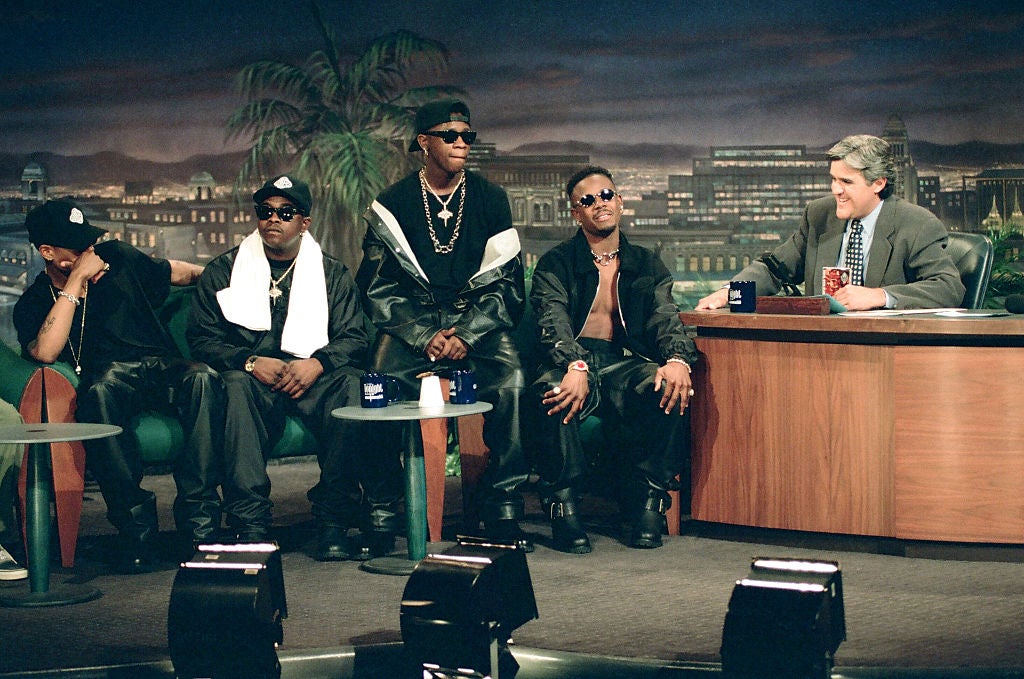
Forever My Lady didn’t introduce the world to music as much as it did a movement. Jodeci set trends that would become pillars in 90s hip hop fashion and emulated by artists determined to follow in their footsteps. They influenced Black male groups like Dru Hill, Next, Blackstreet and Jagged Edge who relished in the optics of rugged streetwear combined with soulful harmonies on songs about love, loss and heartache. Jodeci’s imprint on R&B is unwavering and their catalogue can be used not only to analyze Black 90s culture but predict musical trends to come.
Current artists like Drake, Future, Bryson Tiller and Playboi Carti have all sampled the group in their songs, further reiterating the timelessness of Jodeci’s catalog. The group’s hands-on approach to music-making also showed that Black artists can audaciously control their narrative and still be wildly successful. They possessed a depth that a lot of their contemporaries shied away from and R&B is all the better for it. Three decades later, Forever My Lady is revered as a classic and the album that cemented Jodeci into music history.
